The CBSE class 12 biology deleted syllabus include chapters like Reproductions in Organisms, Strategies for Enhancement in Food Production, Environmental Issues, and more. Read this article to check all the topics that are removed from the updated syllabus!
Table of Contents
The Central Board of Secondary Education (CBSE) has released the CBSE class 12 Biology deleted syllabus 2025-26. While entire chapters like Reproduction in Organisms, Strategies for Enhancement in Food Production, and Environmental Issues have been deleted, some topics from different chapters have been removed.
The CBSE Board has deleted these chapters that included repetitive or outdated content. It will help you prepare for the CBSE Class 12 exam and score higher marks. You can check the updated CBSE class 12 Biology deleted syllabus in the article below.
CBSE 12th Biology Unit-Wise Weightage
Check the table below to understand the CBSE class 12 Biology Unit-wise marks distribution.
| Unit | Title | Marks |
| VI | Reproduction | 16 |
| VII | Genetics and Evolution | 20 |
| VII | Biology and Human Welfare | 12 |
| IX | Biotechnology and Its Applications | 12 |
| X | Ecology and Environment | 10 |
CBSE 12th Biology Deleted Syllabus 2025-26
Chapters such as Reproduction in Organisms and Strategies for Enhancement in Food Production have been removed entirely from the CBSE class 12 Biology syllabus. The list of chapters and topics included in the CBSE class 12th Biology Deleted Syllabus 2025-26 is shown below:
| NCERT Chapter | Deleted Topics/Chapters |
| Chapter 1: Reproduction in Organisms | Full Chapter |
| Chapter 9: Strategies for Enhancement in Food Production | Full Chapter |
|
Chapter 13: Organisms and Populations |
13.1 Organism and Its Environment 13.1.1 Major Abiotic Factors 13.1.2 Responses to Abiotic Factors 13.1.3 Adaptations Summary (para 2); Ques. 1,2,3,9,10,11,12 |
| Chapter 14: Ecosystem | 14.6 Ecological Succession 14.6.1 Succession of Plants 14.7 Nutrient Cycling 14.7.1 Ecosystem- Carbon cycle 14.7.2 Ecosystem- Phosphorus Cycle 14.8 Ecosystem Services |
| Chapter 16: Environmental Issues | Full Chapter |
Also Check: CBSE Class 12 Syllabus 2025-26
CBSE Class 12 Biology Syllabus 2025-26
As the complete CBSE class 12 Biology deleted syllabus 2025-26 has been discussed, you should look into the topics that are included in the syllabus of Biology class 12th. The table shows the list of topics covered in the CBSE class 12th Biology syllabus 2025-26 (theory).
| Unit | Topics |
| Unit VI: Reproduction |
Chapter 2: Sexual Reproduction in Flowering Plants Flower structure; development of male and female gametophytes; pollination - types, agencies and examples: outbreeding devices; pollen-pistil interaction; double fertilisation; post fertilisation events - development of endosperms and embryos, development of seeds, and formation of fruit; special modes - apomixis, parthenocarpy, polyembryony; Significance of seed dispersal and fruit formation. |
|
Chapter 3: Human Reproduction Male and female reproductive systems; microscopic anatomy of testis and ovaries; gametogenesis-spermatogenesis and oogenesis; menstrual cycle; fertilisation; embryo development up to blastocyst formation, implantation; pregnancy and placenta formation (elementary idea); parturition (elementary idea); lactation (elementary idea). |
|
|
Chapter 4: Reproductive Health Need for Reproductive Health and Prevention of Sexually Transmitted Diseases (STDs); birth control - needs and methods, contraception and medical termination of pregnancy (MTP); amniocentesis; infertility and assisted reproductive technologies - IVF, ZIFT, GIFT (elementary ideas for general awareness). |
|
| Unit-VII: Genetics and Evolution |
Chapter 5: Principles of Inheritance and Variation Heredity and variation: Mendelian inheritance; deviations from Mendelism – incomplete dominance, co-dominance, multiple alleles and inheritance of blood groups, pleiotropy; elementary idea of polygenic inheritance; chromosome theory of inheritance; chromosomes and genes; sex determination - in humans, birds and honey bees; linkage and crossover; sex-linked inheritance - haemophilia, colour blindness; Mendelian disorders in humans, thalassemia, chromosomal disorders in humans; Down's syndrome; Turner's and Klinefelter's syndromes. |
|
Chapter 6: Molecular Basis of Inheritance Search for genetic material and DNA as genetic material; Structure of DNA and RNA; DNA packaging; DNA replication; Central Dogma; transcription, genetic code, translation; gene expression and regulation - lac operon; genome, human and rice genome projects; DNA fingerprinting. |
|
|
Chapter 7: Evolution Origin of Life: Biological evolution and evidence of biological evolution (palaeontology, comparative anatomy, embryology and molecular evidence); Darwin's contribution, modern synthetic theory of evolution; mechanism of evolution - variation (mutation and recombination)and natural selection with examples and types of natural selections; Gene flow, and genetic drift; Hardy: Weinberg's principle; adaptive radiation; human evolution. |
|
| Unit-VIII Biology and Human Welfare |
Chapter 8: Human Health and Diseases Pathogens: parasites causing human diseases (malaria, dengue, chikungunya, filariasis, ascariasis, typhoid, pneumonia, common cold, amoebiasis, ringworm) and their control; Basic concepts of immunology - vaccines; cancer, HIV and AIDS; Adolescence - drug and alcohol abuse. |
|
Chapter 10: Microbes in Human Welfare Microbes in food processing, industrial production, sewage treatment, energy generation and microbes as bio-control agents and bio-fertilizers. Antibiotics: production and judicious use. |
|
| Unit-IX Biotechnology and its Applications |
Chapter 11: Biotechnology - Principles and Processes Genetic Engineering (Recombinant DNA Technology) |
|
Chapter 12: Biotechnology and Its Applications Application of biotechnology in health and agriculture: Human insulin and vaccine production, stem cell technology, gene therapy; genetically modified organisms - Bt crops; transgenic animals; biosafety issues, biopiracy and patents. |
|
| Unit-X Ecology and Environment |
Chapter 13: Organisms and Populations Population interactions - mutualism, competition, predation, parasitism; population attributes -growth, birth rate, death rate, and age distribution. (Topics excluded: Organism and its environment, Major Abiotic Factors, Responses to Abiotic Factors, Adaptations) |
|
Chapter-14: Ecosystem Ecosystems: Patterns, components, productivity and decomposition; energy flow; pyramids of Numbers, Biomass, Energy (Topics excluded: Ecological Succession and Nutrient Cycles) |
|
|
Chapter 15: Biodiversity and Its Conservation Biodiversity- concepts, patterns, importance; loss of biodiversity; biodiversity conservation; hotspots, endangered organisms, extinction, Red Data Book, Sacred Groves, biosphere reserves, national parks, wildlife, sanctuaries and Ramsar sites. |
Also Read: Passing Marks in CBSE Class 12th
CBSE 12th Biology Practical Syllabus 2025-26
The detailed CBSE class 12th Biology practical syllabus after the CBSE Class 12 Biology deleted syllabus is given in the following table:
| Topic | Description |
| Experiments | Prepare a temporary mount to observe pollen germination. Study plant population density using the quadrat method. Study plant population frequency using the quadrat method. Prepare a temporary mount of onion root tips to study mitosis. Isolate DNA from available plant materials such as spinach, green pea seeds, papaya, etc. |
| Spotting | Flowers adapted to pollination by different agencies (wind, insects, birds). Pollen germination of the stigma through a permanent slide or scanning electron micrograph. Identify the stages of gamete development, i.e., T.S. of testis and T.S. of ovaries through permanent slides (from grasshoppers/mice). Meiosis in onion bud cells or grasshopper testis through permanent slides. T.S. of the blastula through permanent slides (Mammalian). Mendelian inheritance uses seeds of different colours/sizes of any plant. Prepared pedigree charts of any one of the genetic traits, such as rolling of tongue, blood groups, ear lobes, widow's peak and colour blindness. Controlled pollination - emasculation, tagging and bagging. Common diseases, organisms like Ascaris, Entamoeba, Plasmodium, and any fungus-causing ringworms are studied through permanent slides, models, virtual images, or specimens. Comment on the symptoms of diseases that they cause Model specimen showing symbolic association in root modules of leguminous plants, Cuscuta on host, and lichens.Flashcard models showing examples of homologous and analogous organs. |
Also Read: CBSE Class 12 Sample Papers 2025-26
CBSE Class 12th Biology Practical Syllabus 2025-26 for Visually Impaired
The CBSE 12th Biology syllabus (practical) for visually impaired students has been updated according to the CBSE class 12 Biology deleted syllabus.
| Topic | Description |
| Experiments/Identification |
Beakers, flask, Petri plates, soil from different sites - sandy, clayey, loamy, small potted plants, aluminium foil, paintbrush, test tubes, starch solution, iodine, ice cubes, Bunsen burner/spirit lamp/water bath, large flowers, Maize inflorescence, model of developmental stages highlighting the morula and blastula of frogs, beads/seeds of different shapes/size/texture Ascaris, Cactus/Opuntia(model). |
| Practicals | Study of flowers adapted to pollination by different agencies (wind, insects). Identification of T.S of morula or blastula of frog (Model). Study of Mendelian inheritance patterns using beads/seeds of different sizes/textures. Prepare pedigree charts of genetic traits such as rolling of the tongue and colour blindness. Study emasculation, tagging, and bagging by trying out an exercise on controlled pollination. Identify common disease-causing organisms like Ascaris (model) and learn some common symptoms of the disease that they cause. Comment upon morphological adaptations of plants found in xerophytic conditions. |
Also Read: CBSE Class 12 Question Bank
CBSE Class 12 Biology Question Paper Pattern
The table below contains the CBSE class 12 Biology question paper pattern.
| Competencies | Share in % |
| Demonstration of your knowledge and understanding | 50% |
| Applying concepts/knowledge | 30% |
| Creation, evaluation, and analysis | 20% |
CBSE Class 12 Biology Preparation Tips
The CBSE class 12 Biology deleted syllabus involves several chapters and topics. You should carefully review the deleted portion of the class 12 Biology 2025-26 syllabus and focus on studying the relevant topics.
Some valuable strategies that will help you achieve guaranteed results in the CBSE 12th Biology examination.
- Knowledge of the syllabus: First, you should be clear about all the chapters you have to study for the Class 12th Biology exam. Moreover, you should know the CBSE class 12 2025-26 Biology deleted syllabus so they save time studying relevant topics.
- Awareness of the paper pattern: The test pattern will help you understand the marking format, paper duration, and type of questions that will be asked in the examination.
- Devise a study timetable: Creating a proper study routine is a foolproof method of preparing for exams. You should allocate time for every topic according to its strengths and weaknesses and stick to the timetable for effective results.
- Create short notes: You need to study a lot of theoretical concepts for the Biology paper. Therefore, preparing short notes will be helpful, as they can review them while revising for the exam.
- Practice Diagrams: You must ensure to practice the diagrams and the theory portion.
- Attempt mock tests and solve past years’ papers: By solving multiple mock papers and sample papers, you can identify repetitive topics and gain an understanding of the important topics.
- Revise well: Since biology involves many theories, you should go through the study material multiple times to retain the concepts better.
Also Read: CBSE Class 12 Preparation Tips


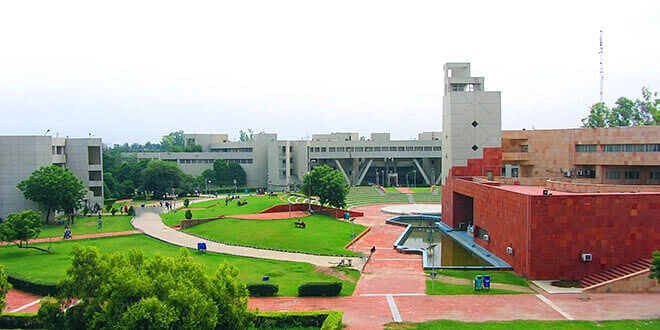



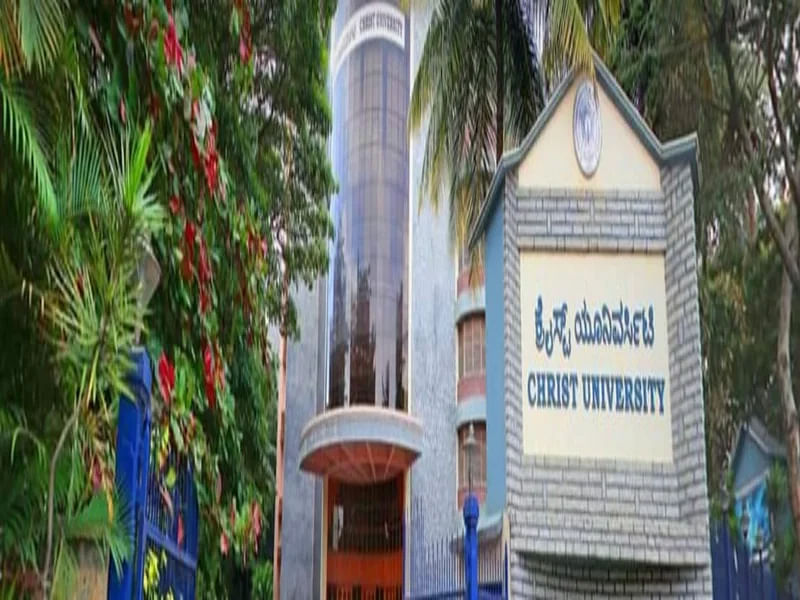
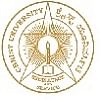
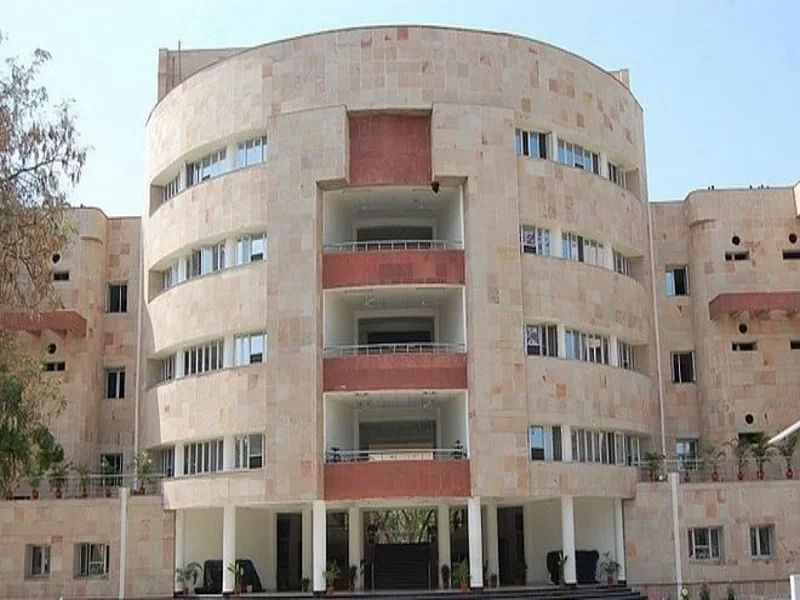
![Motilal Nehru National Institute of Technology, [MNNIT] Allahabad](https://media.getmyuni.com/azure/college-image/small/motilal-nehru-national-institute-of-technology-mnnit-allahabad.webp)







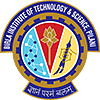







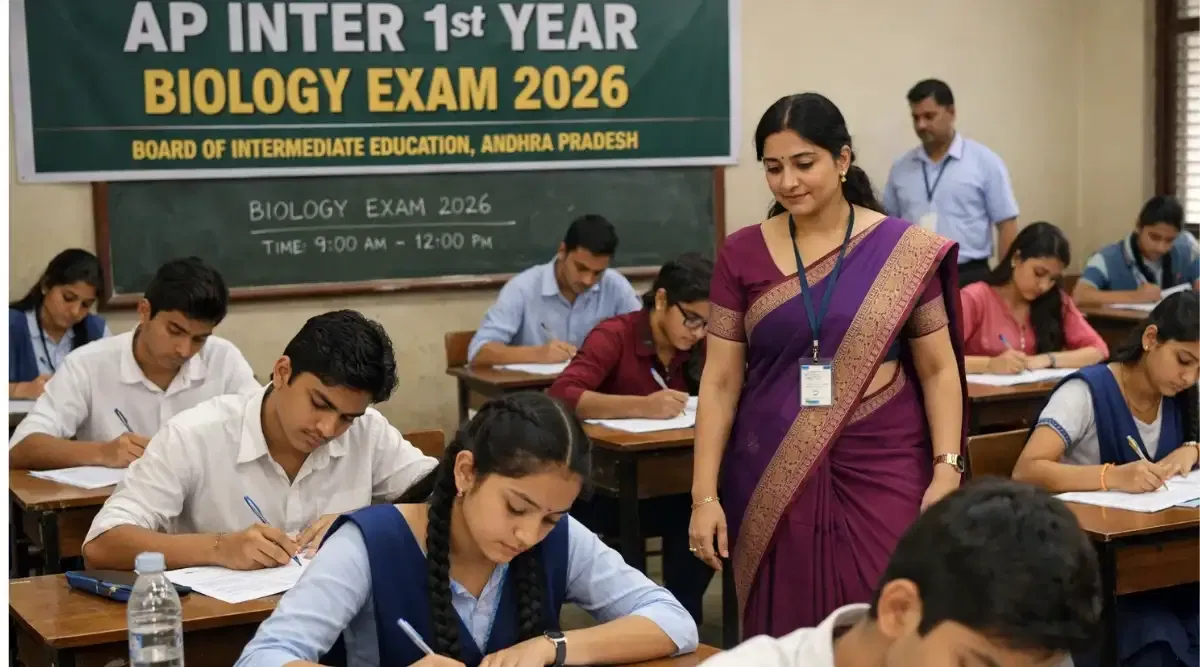
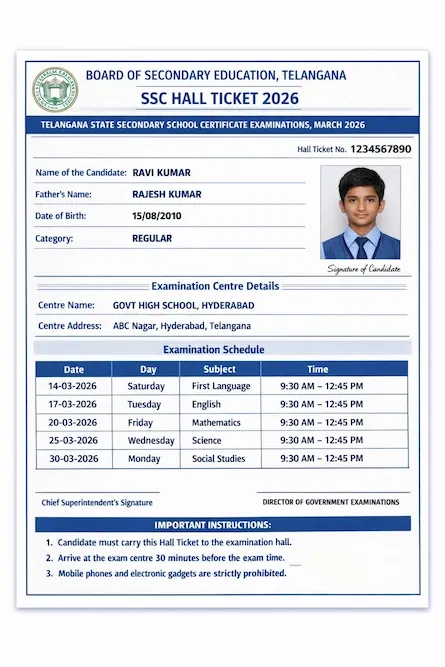


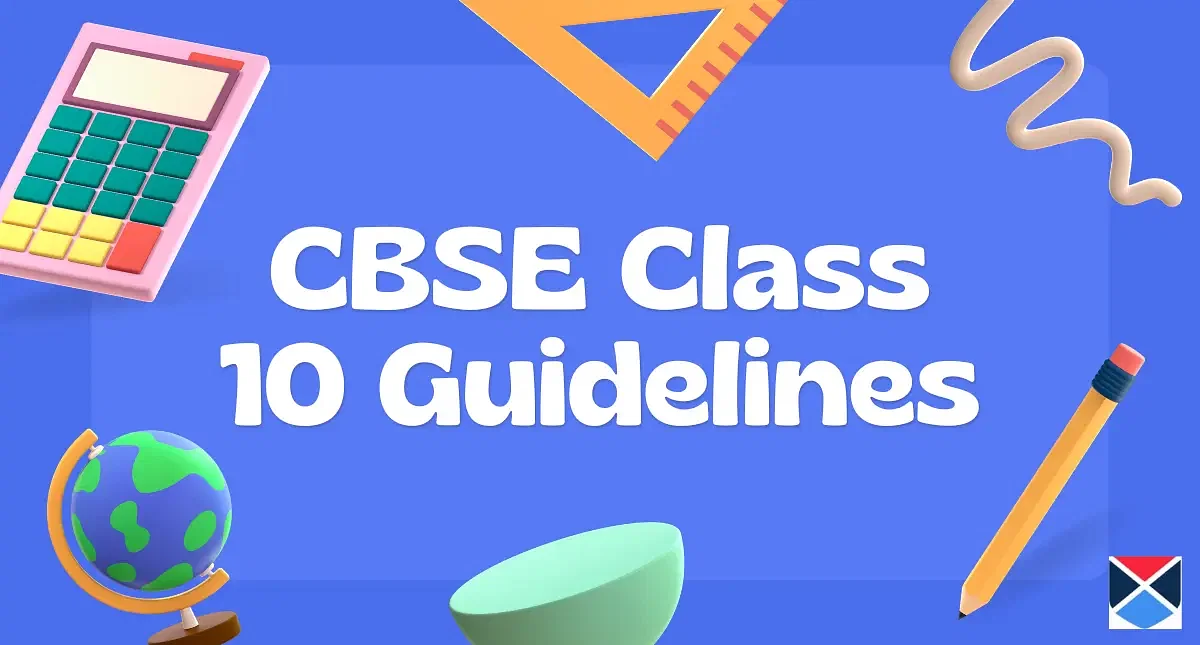
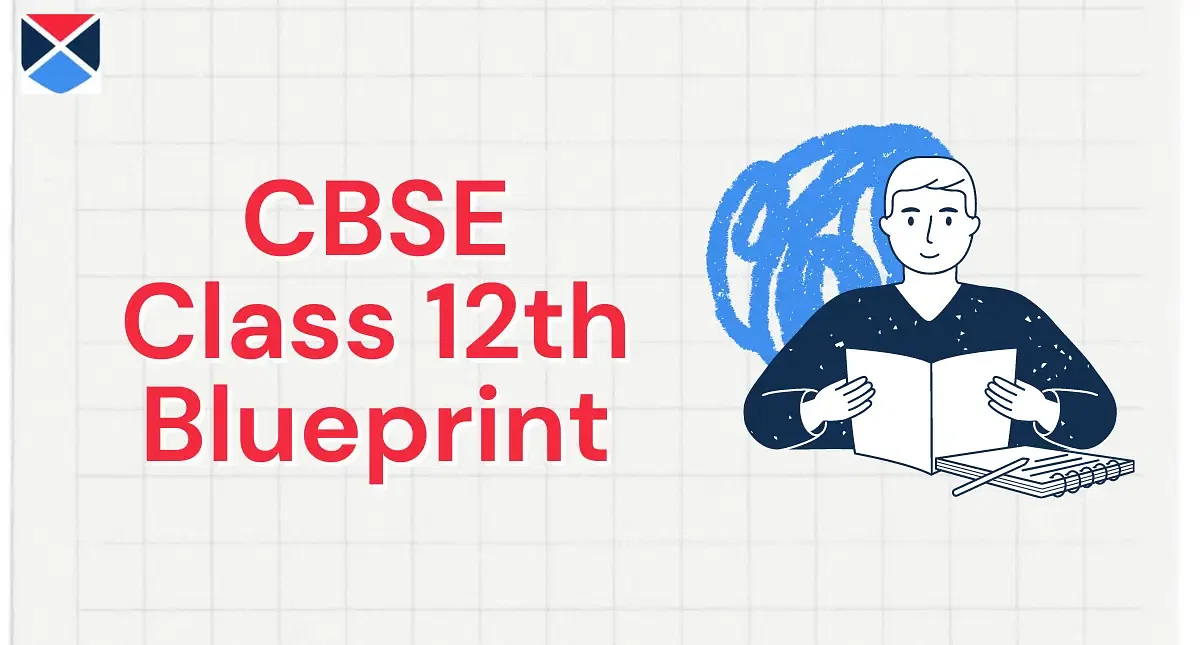







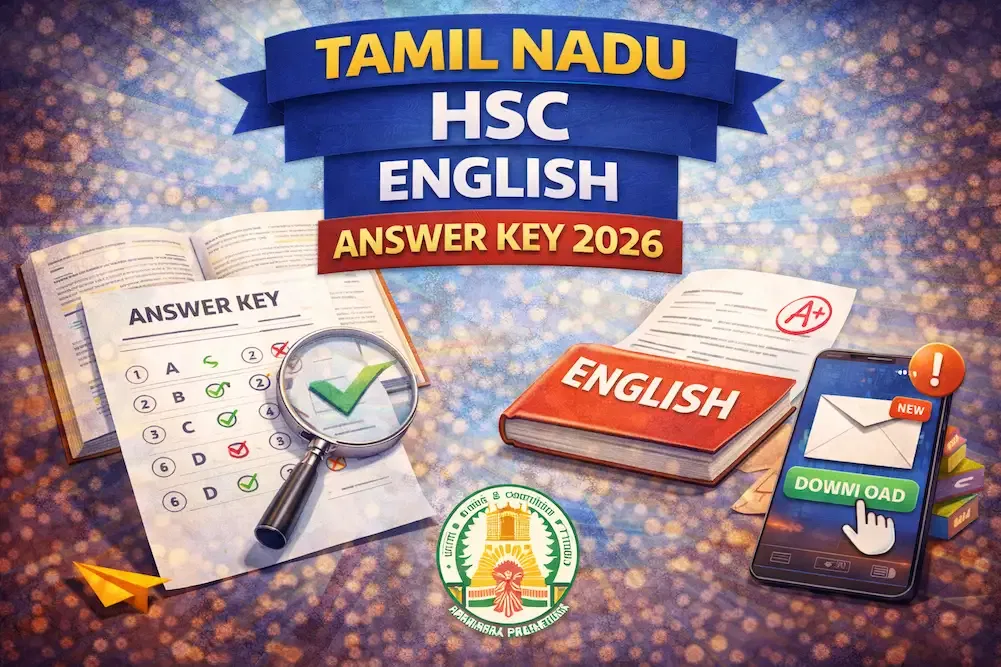



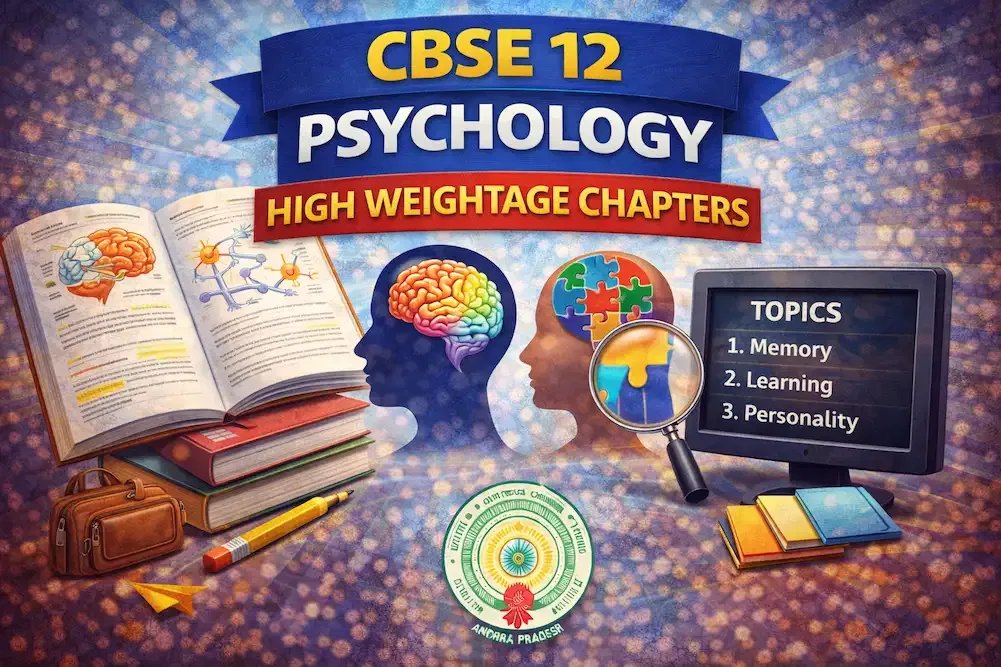

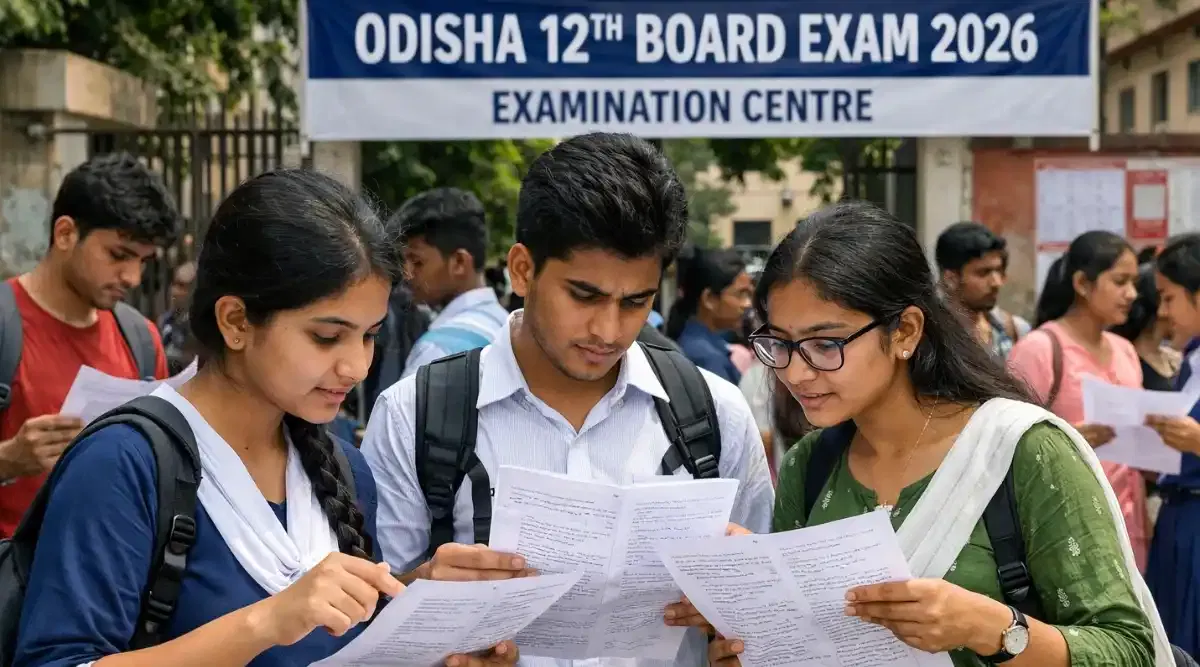

POST YOUR COMMENT